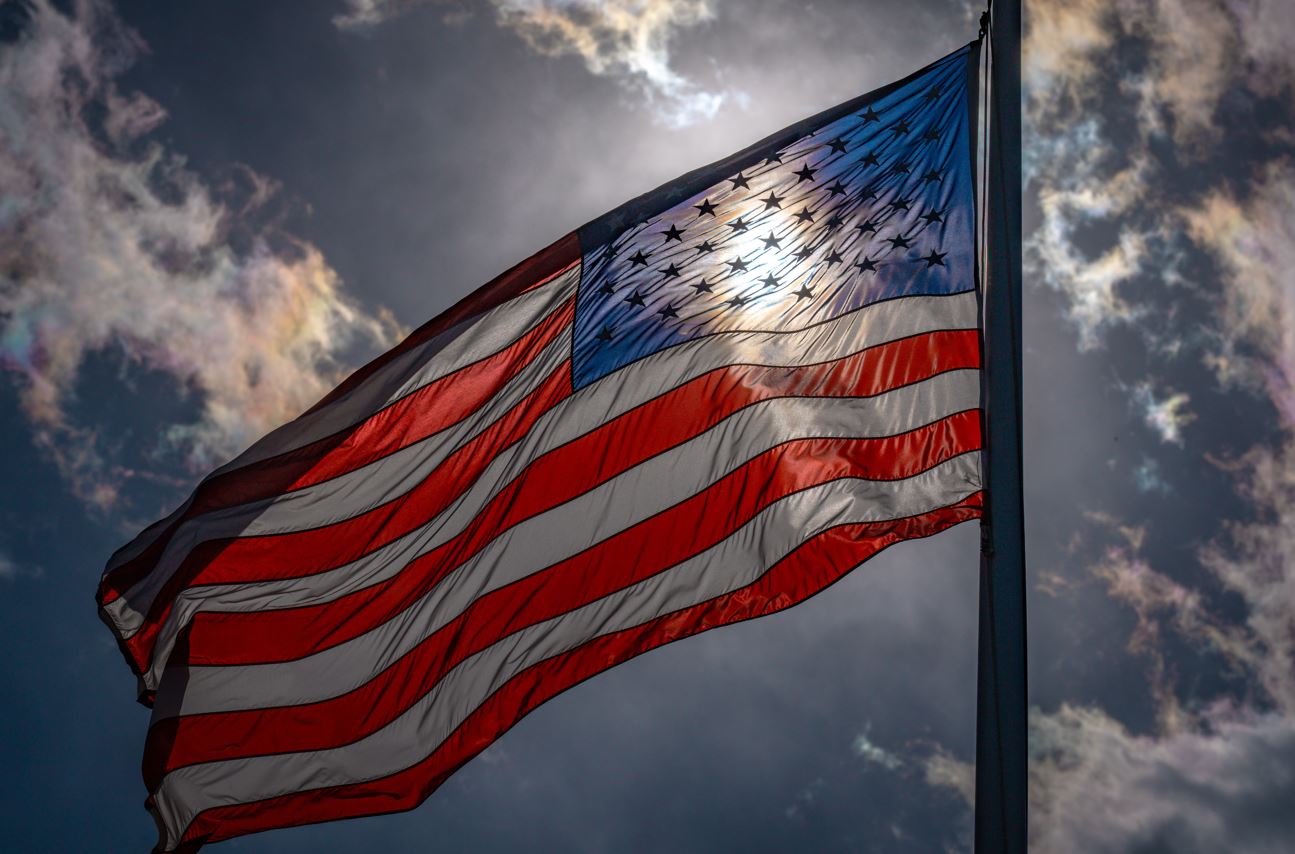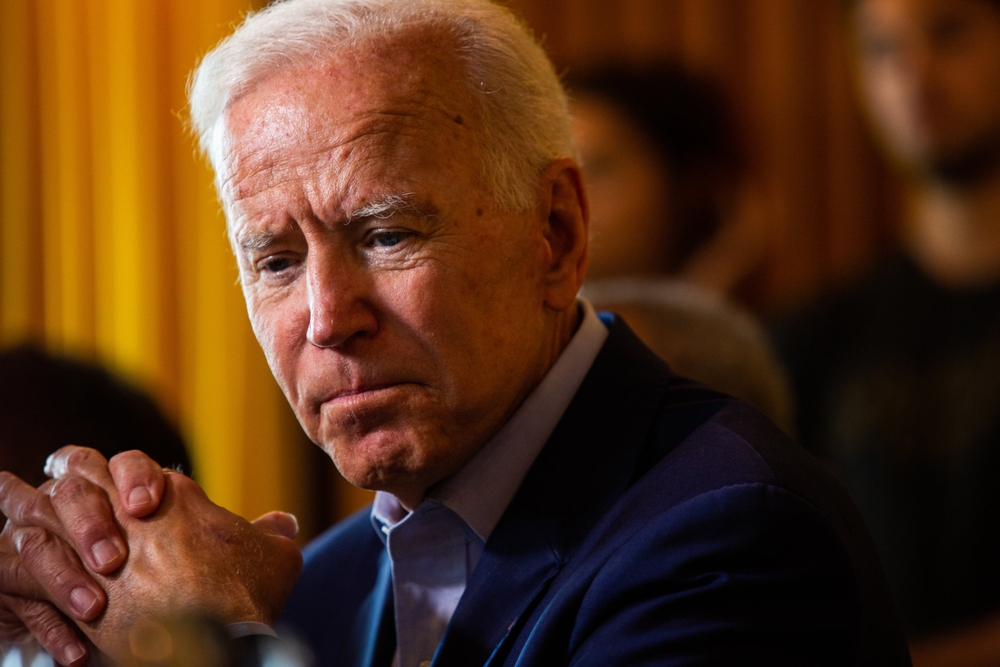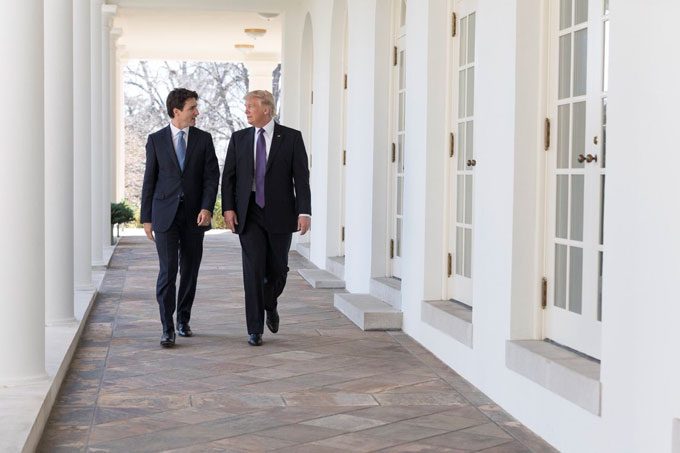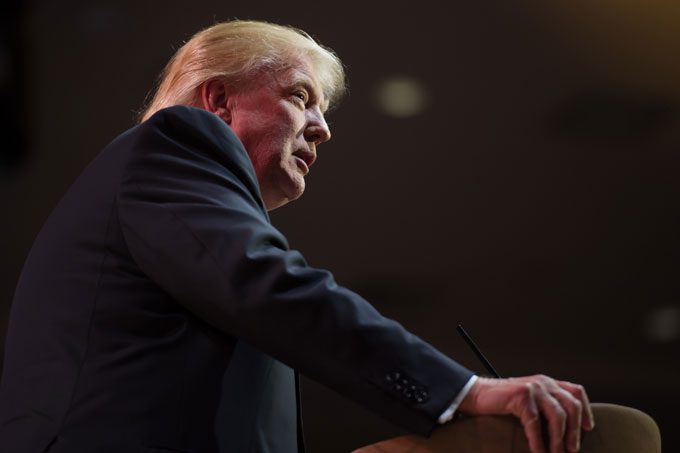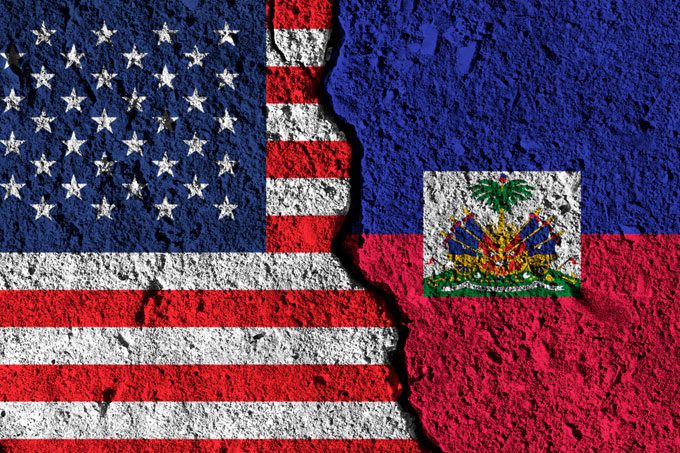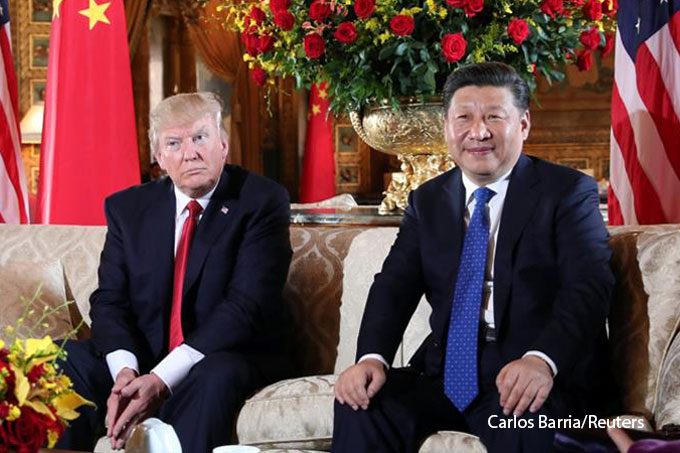Dr Demetris Tillyris delves in to the US Presidential election result with a warning for the Democratic Party. The US Presidential election carried with it a sense of déjà vu. […]
How the US election could shake up global climate action
Natalia Slobodian discusses the US Presidential Election and how the outcome could impact climate change action.
Shootings, forgetfulness, and laughter: Unexpected turns across the pond.
Dr Sarah Lieberman discusses the upcoming US Presidential Election following Joe Biden’s exit as the Democratic Candidate.
Trump vs Trudeau – trade wars and consequences
Professor Amelia Hadfield looks at the implications of President Trump’s decision to impose tariffs on steel imported from Canada, Mexico and the EU.
Mental stability and being, like, really smart: President Trump’s first year in office
Dr Michael Goodrum assesses the American President’s first year in office.
President Trump and Haiti in the American geopolitical imagination
Dr Michael Goodrum looks at how the history of Haiti still haunts America today.
Terrorism: the definition dilemma?
Dr Elaine Brown argues that attacks by right wing extremists should be labelled as acts of terror.
Rise and fall – China and the US
Peter Vujakovic, Professor of Geography, explores President Donald Trump’s decision to withdraw from the 2015 Paris Climate agreement and the rise of China.
“Integration, not multiculturalism”: UKIP, Nations, & Nationalism
Dr Mitch Goodrum, Senior Lecturer in Modern History, explores modern political views on integration and multiculturalism and how they mirror views from the early 20th century.

